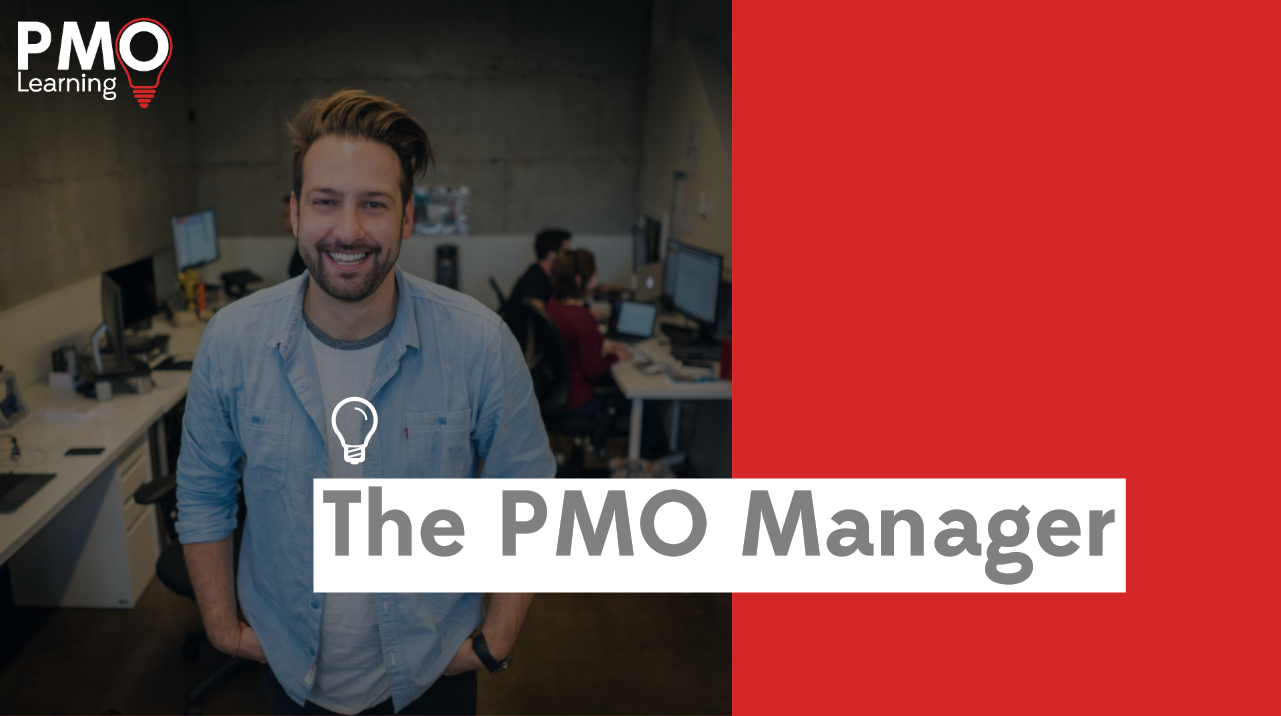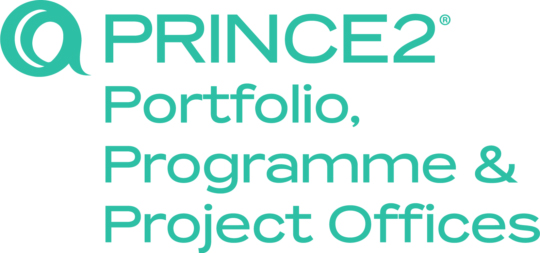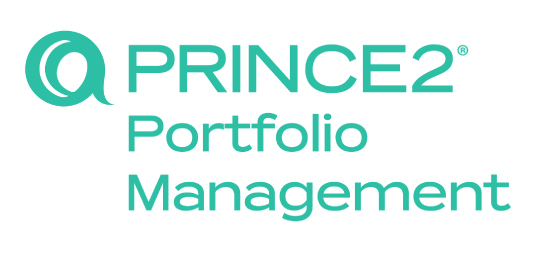The PMO Manager job title comes in all sorts of different shapes and sizes. Here are just a few to get us going:
- Project Management Office Manager
- Portfolio Office Manager
- ePMO Manager
- Head of PMO
- PMO Lead
- Programme Office Manager
- PPSO Manager. . .
And the list really does go on.
Organisations don’t just have different names for the people that manage a PMO; they also have different levels of tasks, activities, responsibilities and accountabilities.
Take a Project Office Manager:
- They could be just managing a Project Office for one large project.
- They could be supporting a couple of projects
- They could be managing a team of staff working in a Project Office where that team is supporting lots of projects across the business.
- They could be managing both Project Office staff and a bunch of Project Managers too.
- They could, in fact, be managing a Portfolio Office but the business decided to call it a Project Office instead.
It’s often a title that can confuse and mislead (not intentionally but people do have preconceived ideas of what PMO stands for in their world and can’t help but automatically think its the same thing for other people too).
With that start in mind, can we put a definition together of what the role of a PMO Manager is?
Here’s an attempt:
The role of the PMO Manager is:
. . . to lead the office which has been set up to provide guidance and support to all those involved in the delivery of projects, programmes and portfolio – from senior executives to end users and customers. They are responsible for ensuring the guidance and support given actively contributes to successful delivery.
You could delete project, programme, portfolio, in that first sentence depending on what type of PMO management best fits. You can also extend that last sentence to include other benefits, such as increasing the capability of project delivery staff, for example.
With such a wide range of PMO Managers existing, can we really bring together core skills that are needed, regardless of what type of PMO is being managed?
I think you can:
What Skills Does the PMO Manager Need?
First up, we take a look at the more technical side of the job and kick off with project management, programme management and portfolio management:
1. PPM
 To be able to provide guidance and support effectively, you need to know the best practice in what you are supporting.
To be able to provide guidance and support effectively, you need to know the best practice in what you are supporting.
That means at a project level, programme level and at the portfolio level. That doesn’t mean you have to have experience at a detailed level at all three.
For example, you’re leading a Programme Office as the manager. It’s taken as read that your project management knowledge and experience supporting and guiding at that level is there. There is also the expectation that you understand programme management. Both of those are pretty obvious. With portfolio management, you may not need to know that much about it – but you definitely need to understand enough if your organisation is using portfolio management. You need to know enough to understand the bigger picture of where and how you’re operating at that programme level in relation to the portfolio but at this stage in your career you don’t need to know, for example, how portfolio prioritisation is done unless you want to progress into a Portfolio Office Management role.
Equally, if you’re working at an enterprise level of PMO as an ePMO Manager, you don’t necessarily need to keep practising or keeping your hand in with project planning basics when a new project starts. You’ve moved away from that, that’s the role of a PMO Analyst to do the hands-on work, you’re now concerned with the bigger picture of things like ensuring planning standards are adopted across the whole business.
Then there is the best practice that exists purely around PMOs themselves. It is a different discipline. Managing a project is not the same as managing an office that supports projects. There are different frameworks, methods, processes, tools, techniques and schools of thinking about the set up and running of PMOs. That’s the courses like P3O® Practitioner or MoP® Practitioner courses we run.
There are also other management disciplines that you might draw on in your manager level role – for example, financial planning, strategy management, business analysis, performance management, and so on.
There is the recognition that even though you may not be leading or managing others – your knowledge of management practices has to be robust enough to match your current organisation’s expectations of being a manager in that business. Which leads us on to leading
2. Leadership
In a PMO Manager role, leadership takes different forms.
If you have responsibility for staff, as a line manager, straightaway there are expectations that you’ll be able to manage, guide, coach and mentor those people. You’ll have Human Resources responsibilities for them – performance management, hiring, firing, developing, rewarding. All those people management responsibilities come from you and how you choose to conduct yourself in doing them often comes with no hard and fast rules.
 Sure, there are mantras like “don’t be evil” and “do no harm”, and I’m sure there is a company culture that prevails and gives guidelines on how managers in your company should behave. Yet there are so many schools of thought on what being a good leader is all about; what style to adopt; how to lead according to your morals and ethics and how to flex and adapt based on who you’re with at any particular time.
Sure, there are mantras like “don’t be evil” and “do no harm”, and I’m sure there is a company culture that prevails and gives guidelines on how managers in your company should behave. Yet there are so many schools of thought on what being a good leader is all about; what style to adopt; how to lead according to your morals and ethics and how to flex and adapt based on who you’re with at any particular time.
There are also leadership behaviours needed when it comes to working with and building relationships with others in the business. A PMO Manager needs to be able to communicate, engage, persuade, influence, move people to action – all of those things come down to the style you have – as a leader of the PMO.
Staying with the leadership skills for a minute and while it’s not strictly about leadership, there’s something to be said about being able to manage the politics in the working environment – being able to build a network of those that will back what you’re doing, championing even. The PMO can still be an entity within a delivery organisation that not everyone likes to see – it pays to have friends in high places, and that’s down to you to cultivate and maintain those relationships.
3. Personal Skills
We turn to a session that we previously ran through PMO Flashmob about the Seven Habits of Highly Effective PMO Managers.
In this session, we highlighted several different personal skills; these are summarised here:
- Listen first to understand – develop active listening skills (we cover this on the Coaching Skills for PMO course)
- Develop skills that show pragmatism – do what works best; keep it simple; take risks; take bits of the theory apply it in the culture and context appropriately
- Plan-Do-Check… Action – work the Deming Cycle every day – cover all the bases; test what we do; lead by example; analyse what we’re doing and take action.
- Play in position – work where you should be, not where you think you should be; cover your home bases while trying out new things; understand your natural style; know where your authority, span of control and influence can take you.
- Challenge – be that critical friend; be there to hold a mirror up to the organisation; call out that elephant in the room; be an open and honest broker and don’t pick sides.
- Coaching and mentoring – be a good sharer; spend time with people, be genuinely interested in them – be altruistic.
- Keep that saw sharpened – self-development is self-preservation; know more than your four walls; keep up with formal training.
A Well Rounded PMO Manager
A PMO Manager is someone who brings together all the guidance that is needed for a business to be able to run projects successfully, your knowledge in PPM and management practices enables you to do that – alongside the PMO management practices that guide you in creating the right kind of PMO to meet the objectives the business needs.
To be able to do this you need to support and bring people along with you – and that means developing a leadership style that people can respect you for.
It’s also a role which needs intellect, curiosity, passion and a deterministic streak to get everyone going forward in the same direction. You’re the chief cat herder!
To help sharpen your saw, PMO Learning offers professional training courses for PMO Managers. The P3O® Practitioner is a good place to start.
Looking to develop skills in setting up a PMO? Take a look at the Setting Up a Project Management Office 2 day course.
The P3O® and MoP® courses on this page are offered by PMO Learning. P3O® and MoP® are [registered] trade marks of AXELOS Limited. P3O® and MoP® are registered trade marks of AXELOS Limited, used under permission of AXELOS Limited. The Swirl logo™ is a trade mark of AXELOS Limited, used under permission of AXELOS Limited. All rights reserved.
Enjoying Our Blog?
Sign up and receive all our articles (we’ll send you an update once a week!) plus special offers and events:







